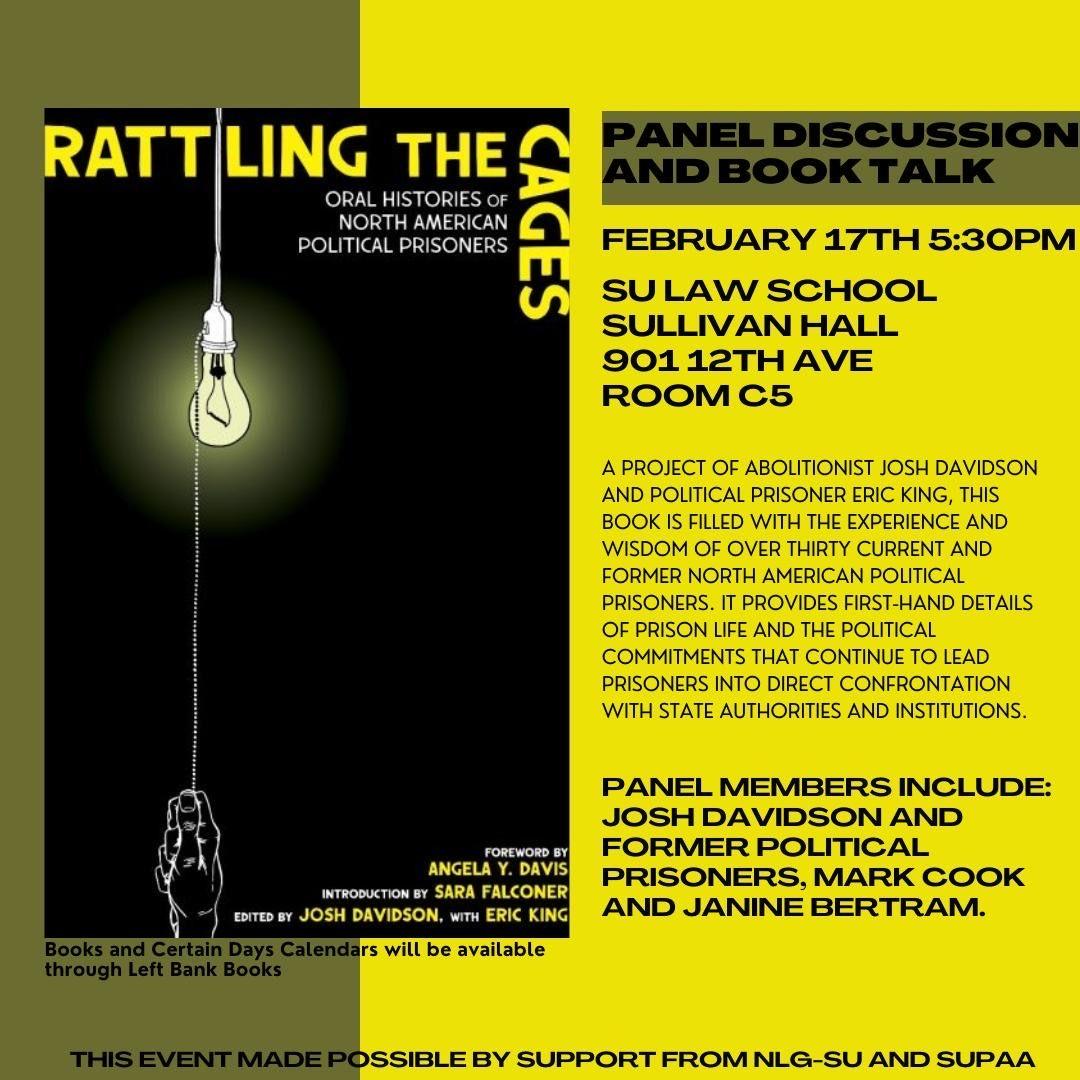In Aberdeen:
In Bremerton:
In Seattle:
Foreign company proposes polluting wood pellet plant in Hoquiam
Many factories these days take wood slash and turn it into pellets for fuel. This has become a growing industry over the last two decades. A proposed wood pellet plant in Hoquiam, WA is slated to churn out more pellets than any other in the state thus far. The proposed facility, the second in the area after one already approved in Longview, would be among the first industrial-scale wood pellet manufacturers in the Pacific Northwest.
This recent push into Washington by this industry comes after establishing itself in the American Southeast, then getting a foothold in British Columbia, and comes on the heels of the industry’s push for use of wood as a renewable fuel instead of coal across the world. This is a serious threat to air quality in any place where these plants exist. No precedent has been set for the pollution generation of these types of plants, making the job of the ORCAA — the Olympic Regional Air Quality Agency very difficult when considering approving this plant.On Jan. 16 the agency hosted a public hearing in Hoquiam for a proposal from a company called Pacific Northwest Renewable Energy, which is seeking approval to build and operate a pellet mill at 411 Moon Island Road in Hoquiam, near the Port of Grays Harbor Terminal 3.
Which is owned wholly by this company based in the UK:
The company, PNWRE, submitted its application in July, proposing to build a plant, storage silos and a new conveyor on a 60-acre parcel located east of Bowerman Airport through a lease with the Port of Grays Harbor. The facility, capable of producing nearly 450,000 tons of wood pellets per year, would connect by conveyor to a nearby chip mill, Willis Enterprises, to access its ship loadout facility.
Wood pellets would then be exported, via vessel, to international markets, including Asia and Europe, in a desperate attempt for those countries to obtain their climate goals. UK-based researchers found last year that burning wood is a “disaster” for climate change because older trees release large amounts of carbon when they are burned and aren’t always replaced with replanted forests. Even when trees are replaced, it can take up to 100 years to cultivate a wooded area that soaks up as much carbon as was previously released. And the fuel burned in shipping wood pellets to Europe is also a significant source of emissions.
From Resilience.org:
It’s not a magic trick. It’s an accounting trick, and it’s endorsed by international climate bodies like the UN Framework Convention on Climate Change and written into the EU’s Renewable Energy Directive. Consequently, signatories to the Paris Climate Agreement can classify woody biomass as carbon neutral, in effect pretending they are fixing the problem of climate change while actually making it worse.
The scheme goes like this: When a forest is cut down in the US it’s considered a carbon debt. So, to avoid counting the debt twice, the pellets produced from that forest can be burned in say, the UK, without emitting any CO2 at all—at least according to the carbon ledger sheet. The carbon was already supposedly emitted when the trees were cut down back in the US.
When the forest is replanted, we have theoretically generated electricity using a carbon-neutral system. Unfortunately, all too often the forests are not replanted. And even when they are, it may take decades before the new trees are back to sequestering as much carbon as the ones that were cut down.
The fact is, cutting down trees and burning them is not, as the pellet industry claims, fighting climate change, but rather accelerating it. Still, massive government subsidies are propelling manufacturers to aggressively expand production. Enviva, for one, announced last year it hoped to double output by 2027 by building two new mills a year.
Health metrics are among the worst in the state here in Grays Harbor, meaning that this plant would expose some of the poorest and most unhealthy people in the state to unknown levels of pollution and noise. Concerns have been raised by citizens, politicians, and local organizations.
Sam Davis, a scientist with the environmental group Dogwood Alliance, did a study that examined the demographics of counties where these types of plants were located.
“We looked at the locations of all the wood pellet mills and found that they were twice as likely to be located in environmental justice communities versus affluent white communities,” Davis said in an interview.
That means more often than not, pellet plants are located in Black or minority counties. Compared to their state averages, more residents in these counties live in poverty, are unemployed or receive SNAP benefits.
Because pellet facilities release tons of pollutants into the air, they bring with them health risks for neighborhood residents. The gritty wood dust that settles on cars and outdoor furniture is something locals complain about most often because it’s the most visible discharge from the plants. But the air they are breathing also contains a witches’ brew of other far more dangerous pollutants.
“The pellet making process can release carbon monoxide, nitrogenous gases and other hazardous air pollutants, including things that are naturally in wood, like formaldehyde and other volatile organic compounds,” says environmental scientist Davis.
Some of these chemicals can be toxic or carcinogenic, even in small amounts. Residents are also breathing what scientists call PM2.5, a pernicious dust so fine that it can lodge in the lungs and enter the bloodstream, aggravating asthma and causing heart attacks.
On Nov. 30, after three amendments to the application, ORCAA issued a preliminary decision to approve it.
According to ORCAA, primary sources of pollution at the pellet plant would come from burning woody debris for heat and dust created from wood processing. For each source, the agency requires emission control technologies that reduce the actual amount of pollutants that reach the air.
Based on the plant’s potential to emit a certain amount of chemicals like carbon dioxide and particulate matter, ORCAA considers it a “major source” of emissions, although the projected emissions aren’t high enough to require a pre-construction permit from the Washington Department of Ecology.
But a group of environmental lawyers says PNWRE may have significantly underestimated the hazardous pollutants it will spew into the air.
On Jan. 8, two lawyers from the Southern Environmental Law Center sent a letter to ORCAA regarding the proposed plant in Hoquiam. Since 2017 the center has reviewed permits for more than 35 wood pellet plants in a dozen Southern states. According to the center, it has compiled a database of emissions tests from the smokestacks of wood pellet plants.
In its application, PNWRE estimated the proposed plant will emit 1.3 tons of Hazardous Air Pollutants (HAPs) each year — a projection the law center says is “deeply flawed and based on incorrect and/or outdated emission factors … factors that are not specific to wood pellet plants.”
“Recent stack tests and air permit applications that are specific to wood pellet plants show that a facility this size and with the controls proposed by PNWRE will emit at least 40 tons of total HAPs per year,” the law center states, calling for ORCAA to withdraw the application until the issues are addressed.
When asked how PNWRE reached its emissions calculations, the company deferred to the air quality agency.
“ORCAA will be responding to all the comments within the required time frame very shortly,” Kim Alexander, PNWRE’s vice president of operations, said in an email according to the Daily World.
Dan Nelson, a spokesperson for ORCAA, said there is no set timeline for responding to comments. After reviewing comments, he said, staff will draft a final determination on the application and present it to the executive director.
Despite short-term rental laws in County, Seabrook developers get the go ahead for Pacific Beach expansion
“Project will bring more than 150 units of ‘attainably priced’ housing.” That’s the newspeak of The Daily World, as they quote developers of Seabrook, WA. A strange turn of phrase with no clear meaning, but certainly not “affordable”. Developers of Seabrook, including owner Casey Roloff, recently received approval for its first housing development in the nearby community of Pacific Beach, because of course they did. Not only that but it passed unanimously, by only three individuals with the power to approve such a massive development.
On land adjacent to state Route 109 and across from the Naval property, developers plan to build 82-single family homes, four duplex lots and 68 condo or apartment units in neighborhood pedestrian-friendly streets, green open spaces and courtyards similar to Seabrook.
The sugar daddy property developers got many exemptions to the normal rules and regulations. But the kicker is that they wont have to abide by the recently passed short term rental permitting requirements, as long as they are all managed by a single company. Roloff told The Daily World last year that all vacation rentals in Seabrook are managed by the town’s hospitality department, meaning it already has the infrastructure, like security and staffing, to mitigate potential problems with rentals, and because new developments are built from scratch, any short-term rentals won’t displace existing neighborhoods.Roloff said the new development is intended to provide primary housing, not vacation rentals.
Local fascist council member Riley Carter arrested for domestic violence
Recently elected right wing psycho Riley Carter was arrested this week on charges of fourth-degree assault/domestic violence and interfering with the reporting of domestic violence, both misdemeanor offenses, according to a news release by the Aberdeen Police Department. APD first received a call at 1:32 a.m. Monday from a 32-year-old woman who reported being physically assaulted by her husband. Upon arriving, police interviewed both parties and detained Carter, transporting him to the city jail. Because Carter is a city council member, recently entering his first term in office, Hoquiam Municipal Court will handle the case to avoid a potential conflict of interest.
The Daily World reached out for comment and was asked to respect their privacy at this time, but they did publish this part of the WA state code: “According the Washington state code, “the conviction of a public officer of any felony or malfeasance in office shall entail, in addition to such other penalty as may be imposed, the forfeiture of his or her office, and shall disqualify him or her from ever afterward holding any public office in this state.”
An Aberdeen man and city council member was arrested early Monday morning by Aberdeen police.
Riley T. Carter, 39, was taken to the Aberdeen city jail and booked on charges of fourth-degree assault/domestic violence and interfering with the reporting of domestic violence, both misdemeanor offenses, according to a news release by the Aberdeen Police Department.
APD first received a call at 1:32 a.m. Monday from a 32-year-old woman who reported being physically assaulted by her husband. Upon arriving, police interviewed both parties and detained Carter, transporting him to the city jail.
We support all survivors of domestic violence and do not believe that the State or the police are a responsible or safe way to deal with such a pernicious problem. Mutual aid and community organizing can create strong bonds outside of the nuclear family which disrupts abusers attempts to isolate and manipulate their victims. We can create a society free from this oppression only if we first acknowledge all the ways that patriarchy contributes to the oppression of us all.Some DV resources in so-called Grays Harbor:Domestic Violence Center of Grays Harbor
2306 Sumner Avenue
Hoquiam, WA 98550
(360) 538-0733
(800) 818-2194Washington State Coalition Against Domestic Violence (WSCADV)First Steps (Women at Risk); 360-532-8631 ext. # 237Beyond Survival: 360-533-9751Chehalis Tribal Domestic Violence Prevention Program Office: 360-709-1733Chehahlis River Mutual Aid Network: Text: 206-530-7806
Aberdeen city council denies festival funding for new mayor’s nonprofit
The Aberdeen City Council on Wednesday evening halted lodging tax funding for a nonprofit led by Mayor Douglas Orr to hold a pair of prominent art festivals in the city, with some councilors citing a broad city charter that strictly prohibits city officials from having an interest in city contracts.
The vote came two meetings after a divided council sent back initial recommendations from the city’s Lodging Tax Advisory Committee (LTAC) to award funding for Harbor Art Guild, for which Orr serves as president of the board of directors, with the council requesting more discussion and information about a potential conflict of interest.
Wednesday’s council, which has since Dec. 20 turned a handful of seats to Republican candidates, denied funding for the guild nearly unanimously, with only Scott Prato opposed to the motion and Liz Ellis abstaining.
The vote was a tumultuous finish to Orr’s first month as mayor of Aberdeen that put his new role as leader of the city at odds with the work that helped get him there. It also cast uncertainty over the future of the Rain Glow Festival and Aberdeen Art Walk, annual summer art festivals downtown.
That money comes from taxes imposed on hotel, motel and short-term rental stays, and must be spent for the purpose of drawing tourists back to Aberdeen. The LTAC committee that recommends funding amounts to the council is comprised of five members, including applicants, hospitality business owners and the city’s finance committee chair, in this case Councilor Debi Pieraccini. They cited legal concerns over conflict of interests and said they were guided by the city charter in coming to their decision. Many citizens complained about the decision, including Orr, whose response was as unstable and petty as always. He said, “If the council and the city doesn’t want to have that kind of event and they don’t want to do those kind of things, then that’s on them. I’m not going to beg them to allow me to waste months of my time putting on an event they don’t want.” Whatever happens it seems these events are up in the air this year.










